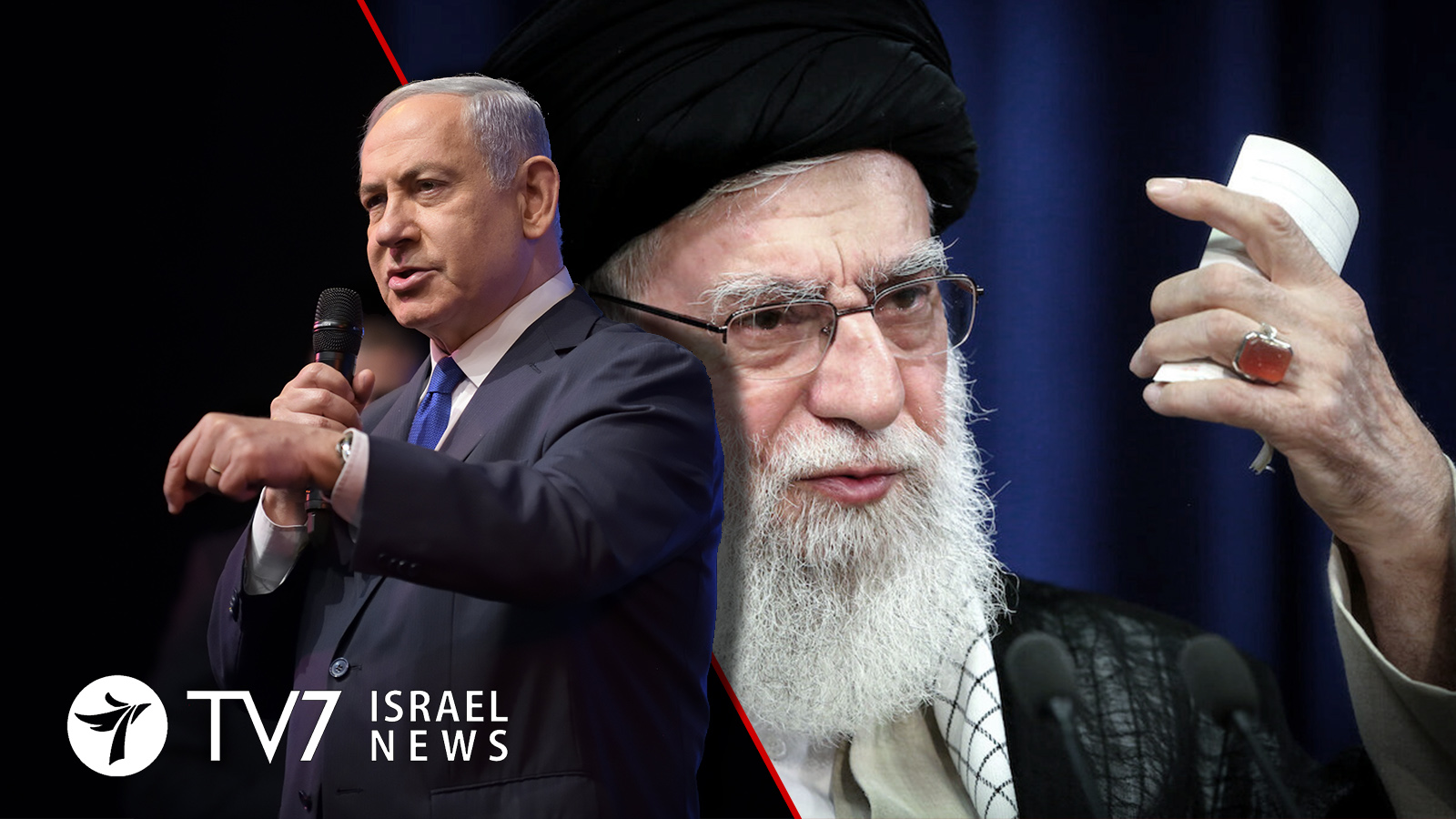Israeli Prime Minister Benjamin Netanyahu praised the International Atomic Energy Agency for demanding Iran immediately allow full access to suspected nuclear-development sites.
The commendation from Israel follows passage of a resolution by the IAEA Board of Governors “calling on the Islamic Republic of Iran to fully cooperate” with the United Nations atomic watchdog organization in response to refusal by the Ayatollah regime to allow inspection or clarify relevant queries.
“Iran is continuing to lie to the international community in order to attain nuclear weapons,” charged Netanyahu, adding, “Today, even the IAEA understands this. Its report from over the weekend speaks for itself. These institutions now understand what we have been claiming for years.”
Alternate Premier and Defense Minister Benny Gantz supported Netanyahu’s position, saying that “recognition by the Board of Governors on Iranian violations is very important. It reminds the world and us, in this order, that Iran is first and foremost a global problem, subsequently a regional problem, which destabilized across the entire Middle East, near and far.”
Lt.-Gen. Gantz said that Iran not only poses a “challenge for the State of Israel,” but that “its influence in Lebanon, in the Sinai and the Gaza Strip reminds us that ultimately also the security challenges that currently may seem less prominent because of the Corona pandemic have not withered.”
The IAEA resolution was submitted by France, Germany and the United Kingdom; and passed with 25 in favor, 2 against and 7 abstentions. Approval follows reports in March and June by IAEA Director General Rafael Grossi, who described Agency efforts and interactions with Tehran “to clarify information relating to the correctness and completeness of Iran’s declarations under its Safeguards Agreement and Additional Protocol, including denial of access to two locations specified by the IAEA… and continued lack of clarification regarding Agency questions related to possible undeclared nuclear material and nuclear related activities in Iran.”
“We must cooperate and this has been part of my conversations with the Iranian authorities at higher levels,” stressed the IAEA Chief. ”I believe that and I regret that at this point we have this disagreement and I will continue to exercise all possible efforts to overcome those. Cooperation is needed, we have a large dossier in front of us. We have to continue working together to provide all the clarifications that are expected,” he said.
The adopted resolution also highlighted the importance of full compliance of nations with safeguard obligations and facilitating access as required by the IAEA; whose role was listed at “essential and independent” in verifying Iran’s record.
Ahead of the vote, Iranian Foreign Minister Mohammad Javad Zarif had sought to pressure the Agency’s Board of Governors not to allow the ‘enemies of the 2015 Joint Comprehensive Plan of Action (JCPOA) nuclear deal to jeopardize his county’s ‘supreme interests,’ and insisting the E3 (UK, France and Germany) should not become accessories to failing of their own related responsibities. Zarif’s statement was issued on the heels of talks in Moscow with his Russian counterpart Sergei Lavrov, who commented, “Despite the frankly destructive policy pursued by the United States, we agreed on the importance of keeping this agreement as a major factor in maintaining international security.”
While Iran’s top diplomat suggested that “an agreeable solution was possible” to IAEA demands to inspect two suspected sites of undeclared nuclear activities, German Foreign Minister Heiko Maas remained seemingly unimpressed by Tehran’s evasive actions and called on the Ayatollah regime “to finally behave constructively.” He stated that E3 nevertheless “continue to believe that the nuclear agreement is the best prerequisite to prevent Iran from getting nuclear weapons” and “will continue our dispute settlement,” in defiance of U.S. calls to activate a dispute mechanism that would allow for an immediate snap-back of crippling international sanctions, including an extension of an embargo on conventional weapons sales to the Islamic Republic Iran.
In related developments, Iran announced that its navy has successfully fired a new locally-manufactured cruise missile during war games in the northern Indian Ocean near the entrance to the Gulf of Oman, which lies next to the strategic Strait of Hormuz.
According to the country’s semi-official Tasnim news agency, “During the exercises, short-range and long-range coast-to-sea and sea-to-sea missiles were successfully fired from the coast and from decks of ships, hitting their targets with great precision.”
It was further claimed that the new generation cruise missile has 280 kilometer range (about 175 miles).
It is important to note, however, that Western military analysts insist that the Islamic Republic often exaggerates its weapons capabilities.
